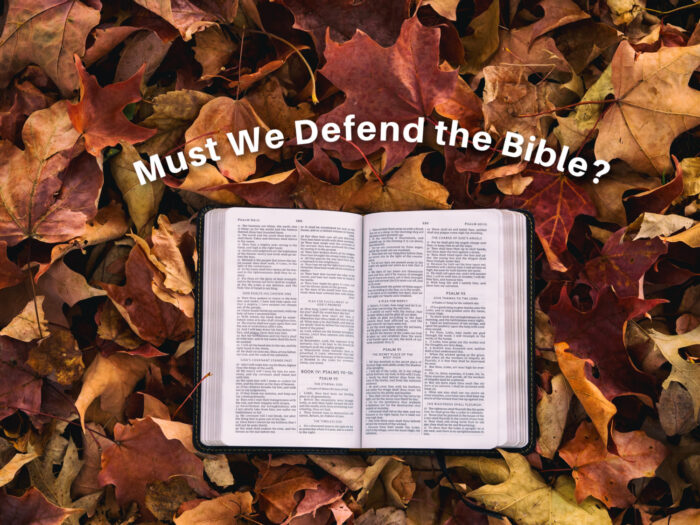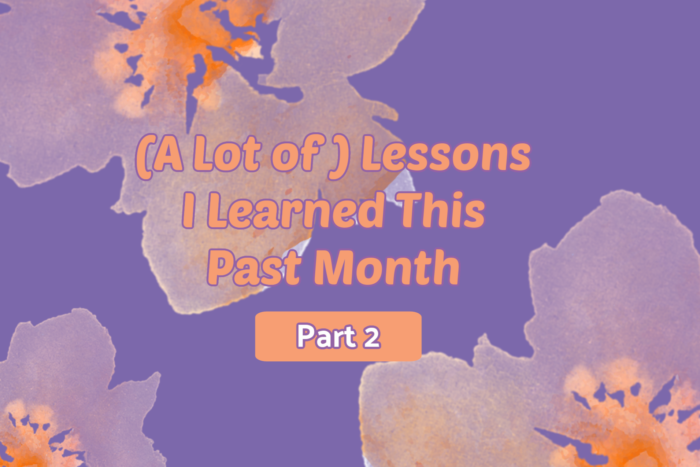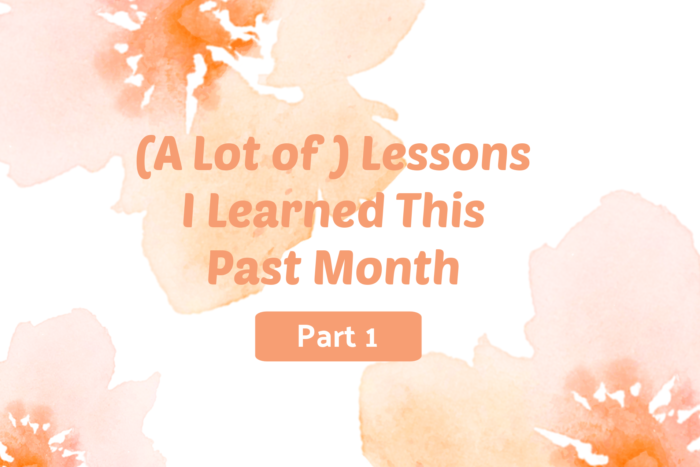In the mid-1800s a man came from Europe to America by the name of Louis Agassiz. He was asked to be a professor at Harvard but, being a rather eccentric free spirit, he bucked the system. And Harvard, recognizing his genius, allowed him to do so. He smoked cigars on campus. He wore no black robes as the other professors. He allowed students in his classes without passing entrance examinations. And he prepared no syllabus.
I had never heard of this man before this past weekend, when I started reading David McCullough’s Brave Companions. McCullough writes in the introduction of this book that he is much more drawn to the people of history than to the events. I find that I, too, am the same. I was disinterested in history when it was all dates and happenings. But attach people and their stories to those dates and happenings and history absolutely comes alive!
Okay, I guess that is enough of the “History is Awesome” commercial… :)
Anyway…
This professor had a unique way of welcoming new students. He would grab a jar from his shelves of specimens. Inside the jar would be a dead fish. He would ask the student to observe anything and everything about this fish and then leave the room. A young man named Scudder describes his experience after giving his observations to the professor and then being told to look some more–
I was piqued; I was mortified. Still more of that wretched fish! But now I set myself to my task with a will, and discovered one new thing after another…The afternoon passed quickly; and when, toward its close, the professor inquired: “Do you see it yet?”
“No,” I replied, “I am certain I do not, but I see how little I saw before.”
Scudder goes on to write how the lesson lasted three whole days and of how much he learned about that fish. He says it was a lesson of inestimable value.
You see, Agassiz believed the backbone of education was to know something well. He believed that a “smattering of everything was worth little”. He believed that it was a “great and common fallacy to suppose that an encyclopedic mind is desirable. The mind was made strong not through much learning but by the “thorough possession of something.” In other words, “look at your fish.” *
As I read this story from the past I couldn’t help but think of Christians with their Bibles. How many of us have just a smattering of knowledge here and there? How many of us are reading or hearing about the Bible (devotionals, books, sermons) instead of making our own observations of the Bible? How many of us give our time and dedication to learning it well?
As believers, shouldn’t this be our main priority? Do we even recognize how important this is to our lives and how we live them?
The young man, Scudder, thought he had learned all there was to know about that dead fish. And, yet, when the professor encouraged him that there was more to learn, he turned back and found out what it was. He had a teachable spirit and he realized how very much he had missed in those first few hours.
If this is true of a dead fish, just think of how much we are missing when it comes to the Bible! We so often approach the Bible with the same spirit as Scudder in those first few hours, our eyes blind to the fact that there is literally endless treasure there within its pages. The more we study, the more we mine its spiritual depths.
If you have spent any time in the Word, you are already well aware of this. The more you study, the more you realize how much there is to know. And how much you don’t know. The more you study, the more you know your God. The more you study, the more insight you get, the deeper the comprehension and understanding of God’s plans throughout history and for the future. The more you study, the greater your discernment as deception grows in leaps and bounds all around us.
If we know anything WELL, may it be our Bibles!
And now, briefly, I want to touch on the controversy that surrounds Louis Agassiz. This morning as I typed his name in the search box to see if his museum of zoology is still in existence, the articles that popped up show that Harvard is ashamed of this professor. I have not done a thorough investigation, but apparently he was pro-slavery and also anti-Darwinism. These are two huge “no-nos” in the intellectual world today and they don’t seem to be quite sure what to do with him.
I bring this to your attention because it reminds me so much of the book “1984” which I read (for some unknown reason) in 2019. I wish I wouldn’t have read it, to be quite honest. But one of the things that sticks out in my mind from that book is the re-writing of history. It seems that this is what is going on in the academic levels. If they don’t like someone’s view on something they cancel them. As if that certain view makes everything from their lives–even their amazing contributions to mankind–null and void.
Do we realize the tragedy of this??!? And do we realize the absurdity of this? I think it is time we stop looking to the experts and the professionals and academic intelligentsia for answers. It seems they have obviously lost their collective minds.
It reminds me so much of that verse from Colossians 2:6-10–
As you therefore have received Christ Jesus the Lord, so walk in Him, 7 rooted and built up in Him and established in the faith, as you have been taught, abounding in it with thanksgiving.
8 Beware lest anyone cheat you through philosophy and empty deceit, according to the tradition of men, according to the basic principles of the world, and not according to Christ. 9 For in Him dwells all the fullness of the Godhead bodily; 10 and you are complete in Him, who is the head of all principality and power.
We Christians have been snookered into thinking that man has our answers to life. We turn to professionals, experts, and academia for everything. We look for answers to our problems and big questions in the wrong place.
If we will but study our Bibles humbly and thoroughly, we will realize that the answers we seek for life are there. We are COMPLETE IN HIM. And that is straight from the Bible.
I do want to make one thing abundantly clear, however: I am not saying that there aren’t times we need help from others. There is nothing wrong in asking for help. But this help should come from someone who is dedicated to God’s Word and the principles for life we find there. These helpers are hard to find. Recently, someone shared with me their conversation with a current student of a biblical counseling program. As he shared what he was learning with this person and how he would handle different situations, it became quickly apparent that there was no “Bible” in it at all. It was all humanistic ideas and concepts.
If you find yourself in need of help, give much prayer and some research, too, before placing your trust in them. So many experts are leading Christians into unbiblical thinking.
As we continue on in this world, the Bible is literally our lifeline. It is where we find our hope, our sustenance, our joy. It is where we are told of our wonderful Savior and where we find principles for living a life that is pleasing to God.
Dedicating ourselves to really knowing it– knowing it deeply and fully–is the first step to living a holy, discerning, peaceful, and joyful life!
All Scripture is given by inspiration of God, and is profitable for doctrine, for reproof, for correction, for instruction in righteousness, 17 that the man of God may be complete, thoroughly equipped for every good work.
2 Timothy 3:16-17
For the word of God is living and powerful, and sharper than any two-edged sword, piercing even to the division of soul and spirit, and of joints and marrow, and is a discerner of the thoughts and intents of the heart.
Hebrews 4:12
*From Brave Companions by David McCullough, p. 25-26










